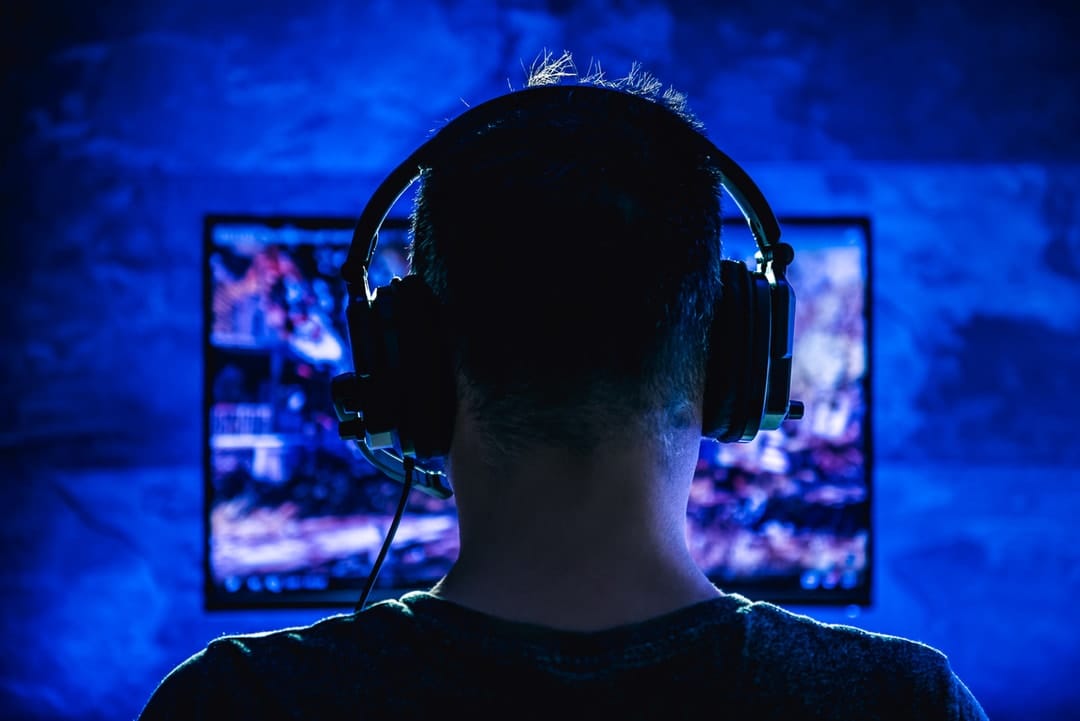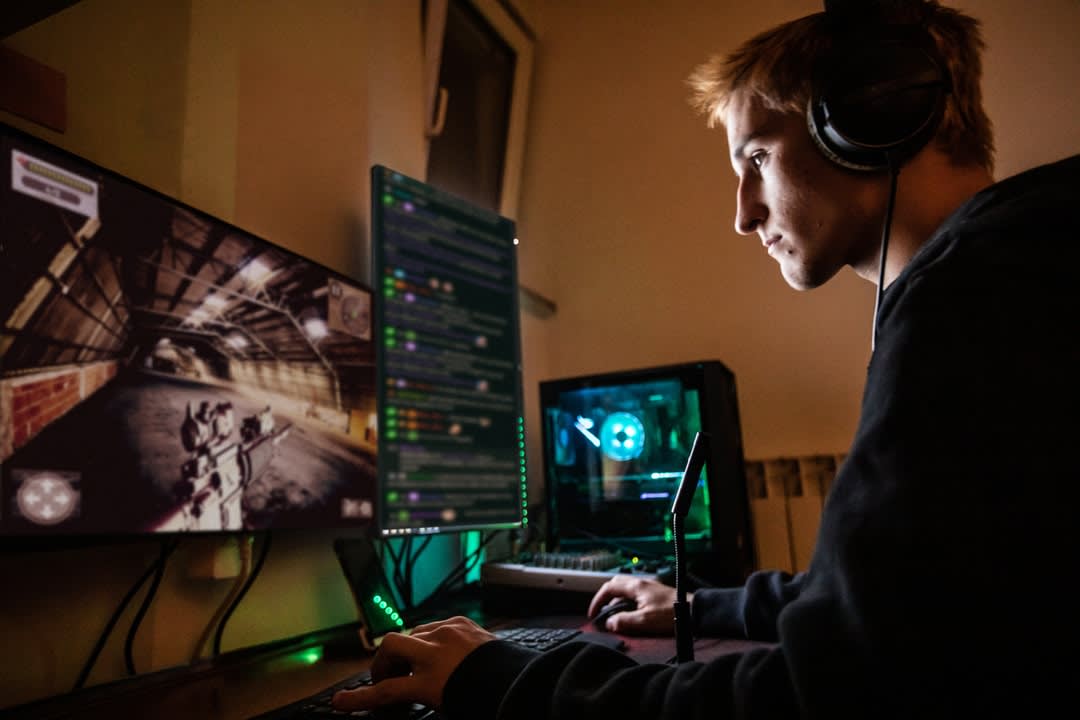
Impulsivity is the tendency to act or decide quickly, without too much deliberation, usually in pursuit of short-term gratification. It’s a normal part of human behaviour (think about speeding through a yellow light or cracking a joke in a serious work meeting), but when it happens too often or too intensely, it can lead to reckless behaviours, including harm to ourselves and others.
As a result, impulsivity is a core symptom of many mental disorders, including antisocial and borderline personality disorders, bipolar disorder, some eating disorders such as bulimia and binge-eating disorder, and substance and behavioural addictions.
Read more: Can social media overuse lead to poor decision-making?
Gaming disorder has been recently recognised by the World Health Organisation as a behavioural addiction. Gaming is a fun, challenging and enjoyable activity for many and in most circumstances, and generally contributes to the wellbeing of gamers.
It may contribute to improved self-concept, sense of belonging, and social connectedness. It’s been repurposed to manage the symptoms of some developmental and mental health disorders such as attention deficit and hyperactivity disorder and post-traumatic stress disorder.
However, certain patterns of gaming behaviour can lead to a feeling of loss of control over your gaming involvement, excessive time and energy spent on games and gaming activities (for example, purchasing and/or exchanging tokens), and continued escalation of gaming despite a rise in negative consequences such as poor sleep, worse grades, or missed opportunities to catch up with family and friends.
The potential transition between recreational gaming and gaming disorder occurs in a relatively small proportion of gamers, and results from the interaction of multiple factors, including several characteristics of the person (personality traits, cognitive and mood states) and their environment (geographical location, access and exposure to gaming advertisement, socio-demographic factors, relationships with family and peers), and also game characteristics.
Some specific features of games, such as misleading reward cues, highly stimulating feedback (sounds, lights, haptic sensations and sophisticated animations), and uncertain and intermittent reward systems (such as loot boxes) are known contributors to behavioural addictions – as we’ve learned, for example, from gambling disorder.
Many of these game features, in addition to personal and contextual characteristics, can trigger impulsive responses that are a well-established vulnerability factor and symptom manifestation of addictions.
In a recent study, we reverse-engineered some of these core features of games (the challenging demands, the stimulating feedback, the uncertain rewards) to improve the scientific assessment of impulsivity.

We know people can act impulsively for different reasons, but there were not comprehensive cognitive tests of impulsivity available.
We wanted to create such a test, and we wanted to validate it using robust psychometric methods, which require large sample sizes that are difficult to attain using traditional face-to-face laboratory studies. So, we thought the way forward was to create an online test that participants could complete from home or a convenient location, at any time they wished.
To create an online test with the same level of precision and reliability as a laboratory test, we needed to make it very stimulating and engaging for participants (so they actually paid attention to the test rather than the sound of the dishwasher or the Netflix menu).
So, we collaborated with game developers (Torus Games) and created a gamified test battery (the Cognitive Impulsivity Suite or CIS), in which cognitive tasks that measured different impulsive mechanisms were “disguised” as fun and challenging games.
We then tested the CIS in three different studies:
- An online “tool validation” study using the crowdsourcing platform MTurk
- A face-to-face “mode of delivery validation” study to test the equivalence between the scores we obtained in the laboratory and those obtained using online delivery
- An online replication study in which we broadened our sample to participants with addiction problems seeking treatment online.
Our findings showed that this novel gamified tool can reliably assess impulsive tendencies, and the underlying thinking processes that trigger those tendencies.
We also showed that the scores of the CIS correlate with “real-world” instances of impulsive behaviour, such as addiction-related problems.
Our findings illustrate that game technology can be exploited not only for fun, but also for research and health.
Current research is unravelling the bright and dark sides of gaming, which can be hugely enjoyable and positive for multiple aspects of wellbeing (self-efficacy, sense of connectedness, managing emotions), but has the potential, when excessive, to turn into an addictive behaviour.





